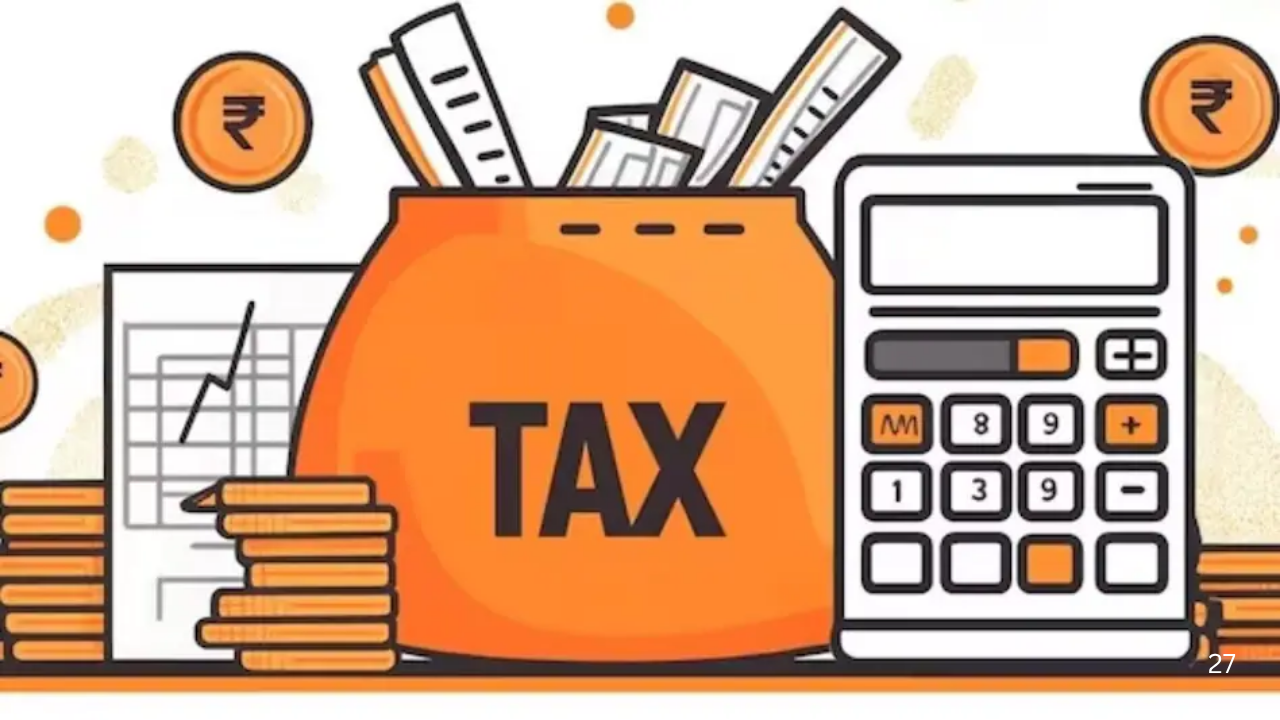New US Tax Could Impact Money Transfers to India
Thank you for reading this post, don't forget to subscribe!Good news for NRIs sending money home: a proposed 3.5% excise tax on remittances from the US is currently under deliberation. If enacted, this tax could make sending money to India more expensive.
This tax, part of the “One Big Beautiful Bill” that has passed the US House of Representatives and is now with the Senate, could add an additional cost of around Rs 2,900 for every Rs 83,000 transferred. Initially, the proposed tax was even higher at 5%.
The tax would apply to non-US citizens, including those on H-1B, L-1, F-1 visas, and Green Card holders. While US citizens may be exempt or eligible for credits, the impact on the Indian diaspora could be significant.
Why This Matters for India
India is the world’s largest recipient of remittances, receiving about $33 billion from the US in FY 2023-24 alone. This proposed tax threatens to decrease these vital inflows, potentially affecting household incomes and consumption levels across India, especially for families who rely on these funds for their daily needs. Analysts suggest a possible 10-15% drop in remittances to India, which could mean a $12-18 billion annual shortfall.
Potential Challenges to the DTAA
A key concern is how this excise tax might interact with the India-US Double Taxation Avoidance Agreement (DTAA). While the DTAA primarily addresses income taxes, not excise or transactional levies, some experts argue the non-discrimination clause should still apply. This remains a point of contention among policymakers.
Administrative Burden and Future Outlook
The tax could also create an increased administrative burden for financial institutions, requiring them to report data like nationality, remittance amounts, and tax paid. This added bureaucracy might discourage remittances, further impacting the flow of funds.
The “One Big Beautiful Bill” passed the US House on May 22, 2025, and now awaits consideration in the Senate, where it could still see changes. If passed, the tax is expected to be effective from January 1, 2026.
What Can NRIs Do?
To potentially mitigate the impact, financial experts suggest:
- Consolidating smaller remittances into larger, less frequent transfers.
- Exploring digital wallets and peer-to-peer platforms, though their feasibility will depend on the final law.
- Using certified remittance providers.
- Consulting cross-border tax advisors for personalized guidance.
This proposal highlights the evolving landscape of international finance and the increasing scrutiny on digital and cross-border payments. The immigrant community and financial service providers are closely watching these developments.
What are your thoughts on how this potential tax could impact families and the economy in India?
















